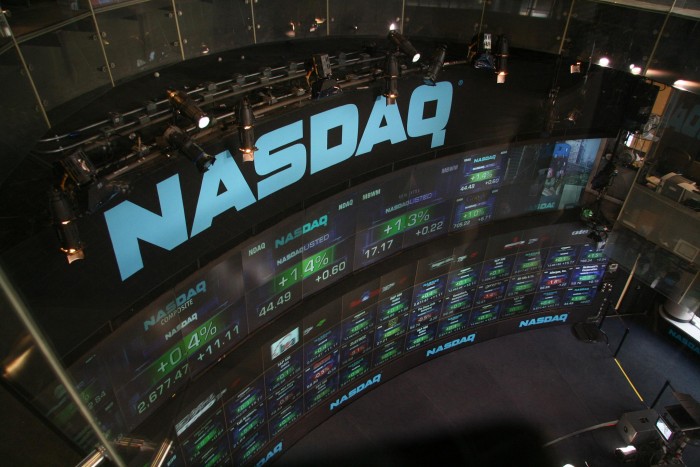Understanding the Stock Market as an Entrepreneur

While it is a relief that many small businesses are starting to recover from the global financial crisis, how many entrepreneurs understand how national economies work and how dependent everyone is on events that may take place half way around the world?
How the national economy works
The stock market is the barometer of a nation’s industrial health as the value of publicly traded companies rises and falls. When the US economy is growing it is a reflection of the trading success of its major multinational companies and their stock prices increase. If consumers feel financially secure they will go out and buy a whole range of high-ticket items, such as cars and bigger houses. They will take expensive vacations, visit restaurants more frequently and purchase toys and electronic devices for the kids.
All this spending increases pressure on companies to hire additional staff, purchase new machinery and equipment and move into larger factories and offices. Increased profits mean salary hikes for employees and more tax paid to the IRS.
Increased revenue from taxes helps to pay for infrastructure projects, such as highway construction, hospital and school building and space programs. It also helps finance improvements to the provision of healthcare and social security,
When the economy begins to fail for some reason; for example, if homeowners find themselves unable to afford their mortgage repayments and begin to default in large numbers it could result in some smaller mortgage lenders going bankrupt. This in turn would lead to a lack of confidence developing in the wider population, causing them to stop spending. The overall effect is that demand for products falls, company profits decline, workers are laid off or let go and some businesses fail. The end result is that stock prices fall as investors lose faith and take their money elsewhere, perhaps putting it into overseas markets or that traditional safe haven, gold.
Global financial markets
Unlike the stock market, which is only open Monday to Friday, from 9.30 am to 4pm, the global financial market operates 24 hours a day, seven days a week. Trading on the stock market involves purchasing stock in a particular company and either keeping it for an extended time in the hope of receiving dividends and ultimately selling at an increased price or disposing of it in a matter of days or weeks to make a quick profit.
The global financial market was established in order to enable international trade to develop following the end of the Second World War. It involved countries establishing flexible exchange rates for their national currencies and made it possible for companies purchasing goods from one country to know exactly how much they would have to pay in the local currency. For example one US dollar is worth approximately 102 Japanese yen.
With few exceptions the value of currencies is free to float against one another. Therefore, if the Japanese economy were to falter due to a natural disaster or the election of a new political party, its value against the US$ might be expected to fall. Currencies are always traded in pairs, the four most popular being US dollar and Japanese yen, Euro and US dollar British pound sterling and US dollar and US dollar and Swiss franc.
Investors in this market buy one currency in the expectation that it will either rise or fall. If that currency were to rise rather than fall they would make a loss, conversely if it were to rise, as expected they would make a profit. Traders do not physically purchase currency; they instead attempt to forecast how one currency will perform against another over a period of perhaps a few minutes or several months. Trading is facilitated by brokers operating online, using complex, largely automated trading platforms, which can be accessed by their clients via smart phones, tablets or laptops.
Preparing to go public
Selling stock to the public is a dream of many entrepreneurs; it is a sign that both they and their company are a success. An IPO (initial public offering) is a means of raising capital to fund growth and improve liquidity. In order to make an IPO possible the company must meet with stringent regulatory requirements and must have a strong financial base. The total cost of going public is not cheap; current estimates are around $2 million for printing, listing, legal, accounting costs and underwriter commission and discount.
How to learn more
There are numerous websites offering advice on the stock market and advanced forex trading strategies. Any company owner or CEO who is interested in gaining a more in-depth knowledge of national and international finance and stock markets should have no problem in sourcing a wealth of information from financial advice sites that will enable them to make critical decisions based on real-time facts rather than gut feeling.

